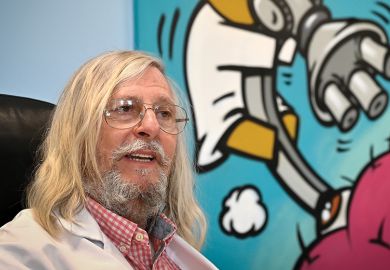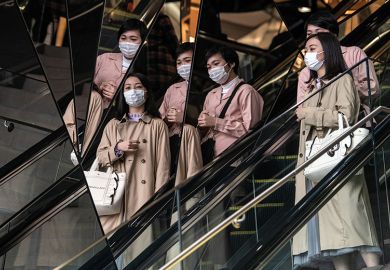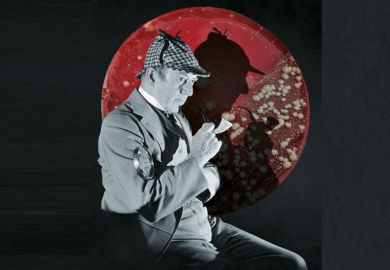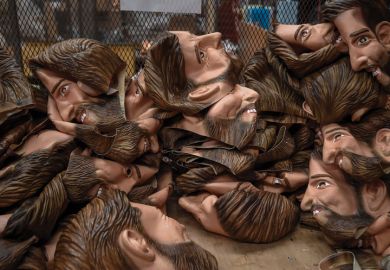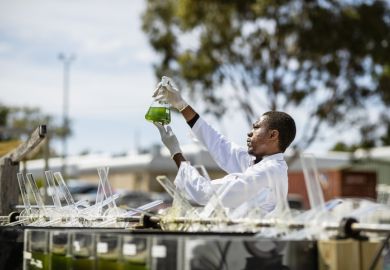“I went to pluck out one hair, but found a whole hairball,” said Elisabeth Bik (pictured below), a Dutch microbiologist, on her journey from an academic position at Stanford University to her current role as a self-dubbed “science integrity detective”.
Two years after becoming a full-time whistleblower, Dr Bik told Times Higher Education that she has now discovered more than 4,000 cases of shoddy research.
Her interest in the subject began in 2013, when she put a line of her writing into a Google Scholar search and found a paper that had plagiarised her work. That led her to a “predatory website with free online books, many of which had chapters that were heavily plagiarised, with a sort of patchwork of other people’s sentences”.
More digging unearthed a greater problem: the use of “inappropriately duplicated images”, mostly charts or plots from other research replicated to look like original work.
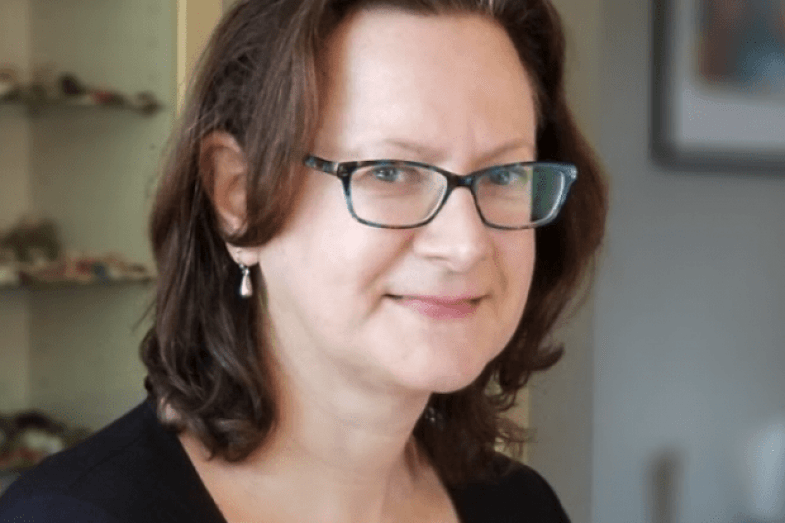
“Imagine you are publishing a book of sunset photos, and you say that you travelled to Hawaii. But actually, you never left Florida, and are passing off a photo [from] the wrong place,” she said as an analogy.
In 2015, she and other academics scanned images of more than 20,000 papers from 40 journals. They found that 782 papers, or 3.8 per cent, were problematic. Since then, 10 per cent of those papers have been retracted, and 30 per cent have been corrected. But 60 per cent have been left unchanged.
Dr Bik gained global attention in March 2020, when she wrote a critique of research by Didier Raoult, a French scientist who championed using hydroxychloroquine as a Covid treatment. Dr Bik posed questions about his trial’s size, ethics, protocols and unusually quick peer review.
The World Health Organisation has since advised against using the drug for Covid, but not before US president Donald Trump tweeted about it, causing the controversial treatment to become popular.
Dr Bik has uncovered suspicious research across the world. However, she found a difference in how fraud was committed between different locations.
She and others uncovered 400 shoddy papers produced by “paper mills”, a phenomenon she called “particular to China”. These companies sell papers to researchers who want to boost their citation numbers.
Some of their errors can be glaring. For example, a paper on one kind of cancer could be changed to prostate or breast cancer, except the ghostwriter would forget to change the subjects’ gender.
Dr Bik suspected that “paper mills” preyed on junior researchers in a higher education system where assessments are based almost entirely on citations. But Dr Bik said that the practice could have adverse long-term effects on the reputation of genuinely high-quality Chinese medical research.
“If they care about numbers only, the result will be that papers from China will come with a stigma,” she said. “It takes chances away from China as a relatively new player in the research field. A couple of bad apples can ruin the whole fruit basket.”
She said the reputation of medical research was on the line worldwide. “This behaviour affects how science is seen by the general public,” she said. “If there are many retractions, or perhaps a lack of retractions when there are problems, can science be trusted?”
Dr Bik hoped that other “whistleblowers” could have a “seat at the table with journals and universities”. In the meantime, she said, “I’ll keep knocking on doors.”
POSTSCRIPT:
Print headline: The ‘whistleblower’ on a mission to stamp out shoddy research
Register to continue
Why register?
- Registration is free and only takes a moment
- Once registered, you can read 3 articles a month
- Sign up for our newsletter
Subscribe
Or subscribe for unlimited access to:
- Unlimited access to news, views, insights & reviews
- Digital editions
- Digital access to THE’s university and college rankings analysis
Already registered or a current subscriber?

